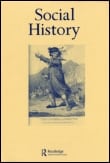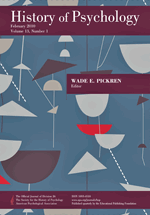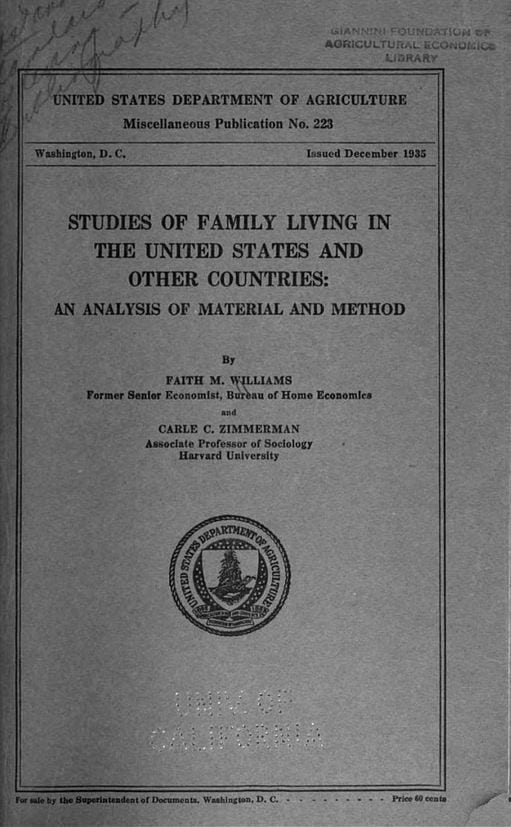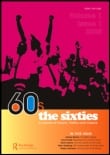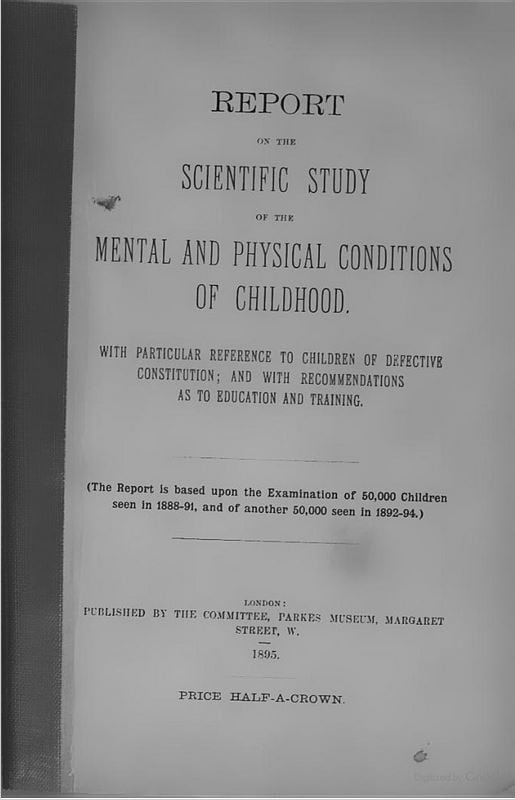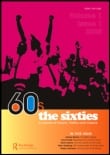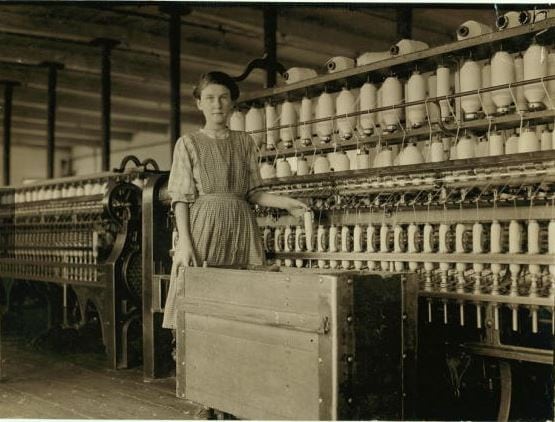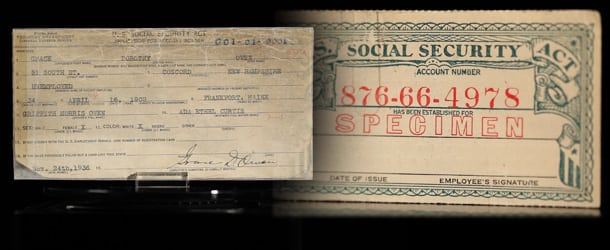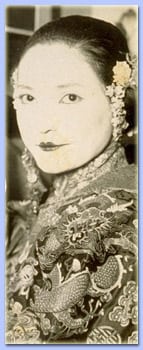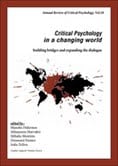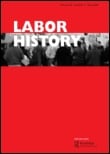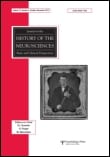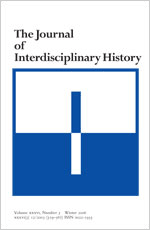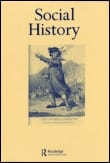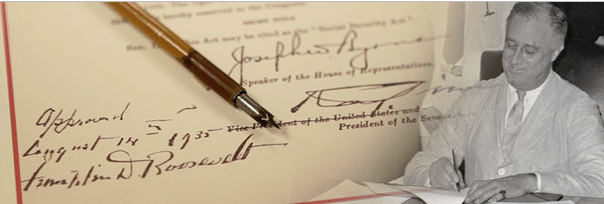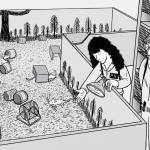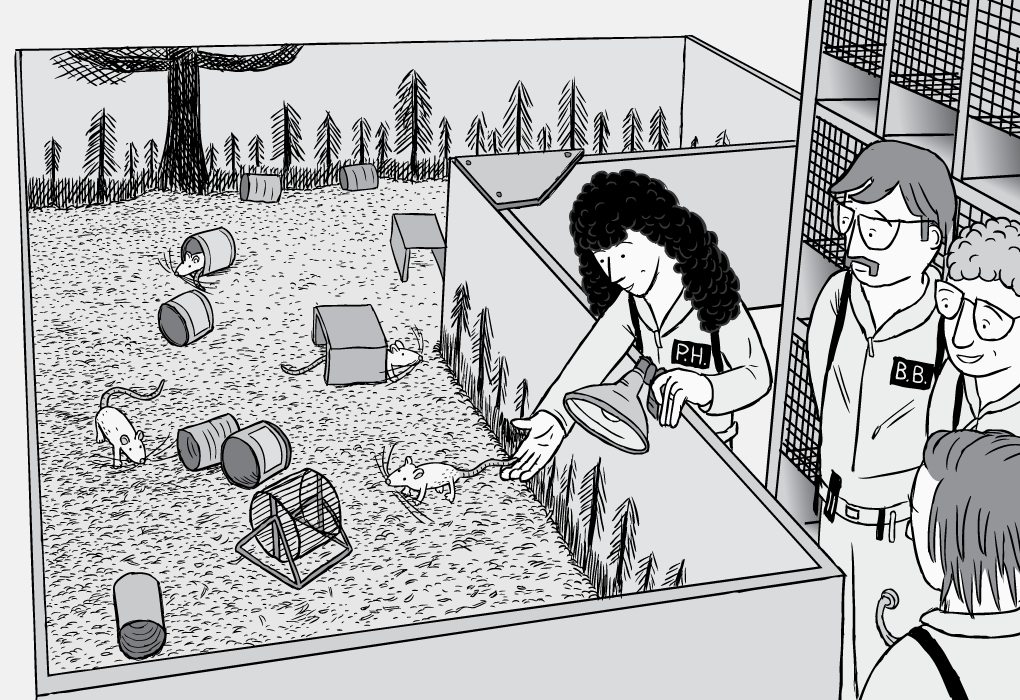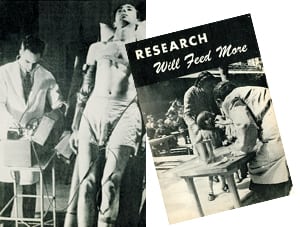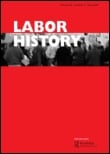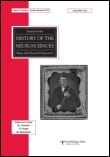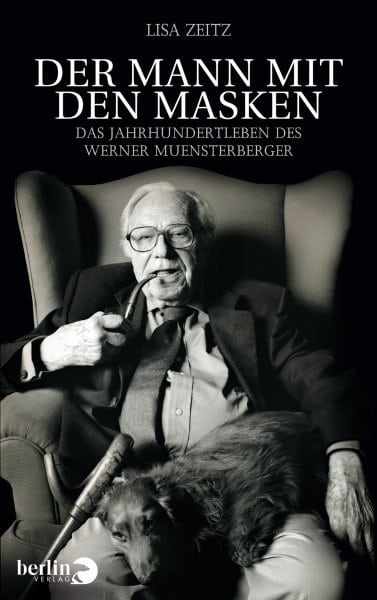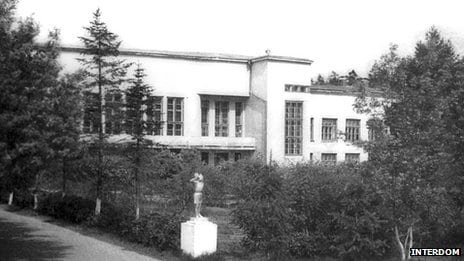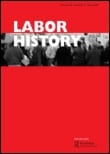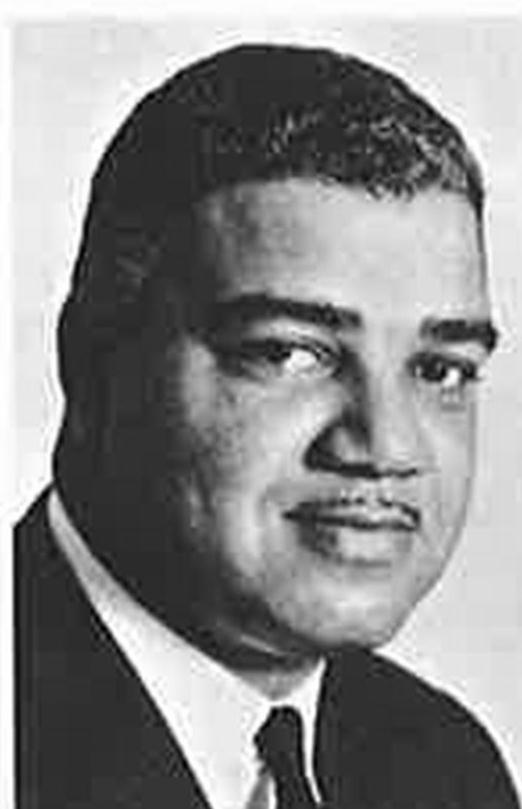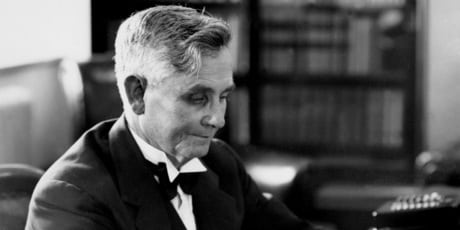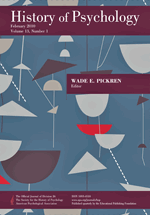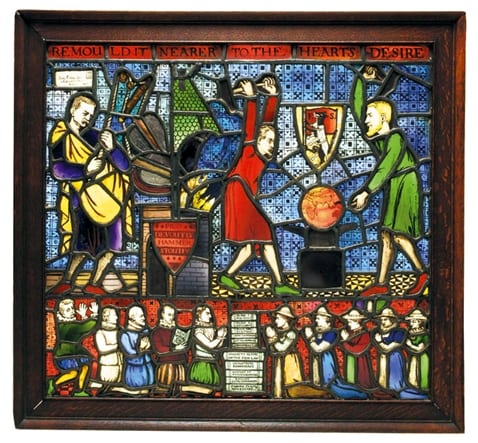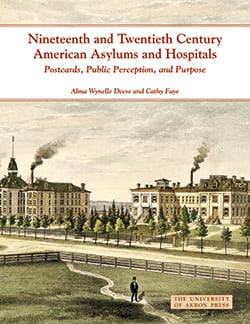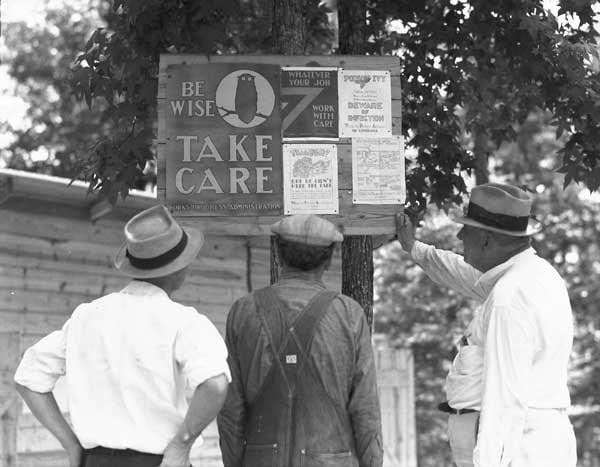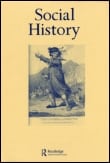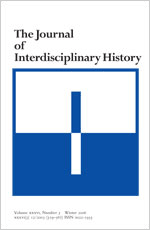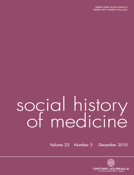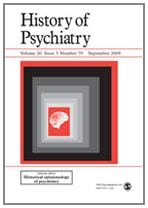Psychology’s struggle for existence: Second edition, 1913.
Studies of family living in the United States and other countries: An analysis of material and method (1935)
The John Lennon letters
Report on the Scientific Study of the Mental and Physical Conditions of Childhood: With Particular Reference to Children of Defective Constitution, and with Recommendations as to Education and Training (1895)
Tragedy or farce? The repetition of Australian industrial relations history, 1929 and 2007
How we forgot the Cold War: a historical journey across America
1939 Amendments to the US Social Security Act
Child labor photos from 1911
History of US Social Security numbers
San Francisco’s Chinatown Community: A World Apart
Despite Chinatown’s shady reputation, it was a tight-knit community whose residents were familiar with one another. Parents allowed their children, who were highly cherished (especially since there were so few of them due to the early lack of women and families), to roam the streets without supervision during the day. The sense of all of Chinatown as being a children’s playground was deftly captured by the photographer Arnold Genthe, who considered Chinese children to be some of his favorite subjects.
The Emergence of Modern Psychology in China, 1876 – 1922
In Western countries modern psychology originated out of the convergence of philosophy and science,
embedded in the social change. Modern psychology in China did not grow out of an indigenous socio-cultural
root, but was instead imported from Western countries approximately during 1876 to 1922, when China was
being colonized and reformed. A political, social and cultural analysis explains the emergence and formation of
modern psychology in China
‘Labor is back?’: The AFL-CIO during the presidency of John J. Sweeney, 1995–2009
This article assesses the American Federation of Labor-Congress of Industrial Organizations (AFL-CIO) during the presidency of John J. Sweeney, which lasted from 1995 until 2009. Drawing on a wide range of sources, including press accounts and the AFL-CIO’s own papers, it provides one of the first scholarly assessments of the entire Sweeney presidency.
Neurologic Heuristics and Artistic Whimsy: The Cerebral Cartography Of Wilder Penfield
Penfield was an early leader in efforts to map the cerebral cortex via direct electrical stimulation of the brain. In 1937, Penfield introduced an entirely new concept for illustrating the relative sizes and locations of discrete functional regions within the sensorimotor cortex–—the homunculus—to exemplify the “order and comparative extent” of specific functional regions.
Faces of Opposition: Juvenile Resistance, High Treason, and the People’s Court in Nazi Germany
Analysis of the sixty-nine juveniles tried for high treason before the People’s Court in Nazi Germany between 1933 and 1945, based on the available court records, finds that juvenile resistance in Nazi Germany possessed a distinct form and character; it was a phenomenon rather than an exceptional act.
Shifting Grounds: Nationalism and the American South, 1848–1865
1935 Social Security Act
An act to provide for the general welfare by establishing a system of Federal old-age benefits, and by enabling the several States to make more adequate provision for aged persons, blind persons, dependent and crippled children, maternal and child welfare, public health, and the administration of their unemployment compensation laws; to establish a Social Security Board; to raise revenue; and for other purposes.
Age patterns of migration among Korean adults in early 20th-century Seoul
‘Till Death Us Do Part’: spousal homicide in early modern Russia
All in the family: The realignment of American democracy since the 1960s
‘A king in his own household’: domestic discipline and family violence in early modern Europe reconsidered
Are you experienced? How psychedelic consciousness transformed modern art
Rat Park, A Comic on (the History of) the Psychology of Addiction
The Psychology of Hunger
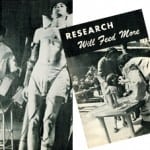
In November 1944, 36 young men took up residence in the corridors and rooms of the University of Minnesota football stadium. They were not members of the football team. Rather, they were volunteers preparing for a nearly yearlong experiment on the psychological and physiological effects of starvation. Known as the Minnesota Starvation Experiment, the study was a project of the newly established Laboratory of Physiological Hygiene at the University of Minnesota, an interdisciplinary research institution with an emphasis on nutrition and human biology.
Mauritius 1938: the origins of a milestone in colonial trade union legislation
Judicial archives and the history of the Romanian family: domestic conflict and the Orthodox Church in the eighteenth century
Coming to Grips with a “New” State of Consciousness: The Study of Rapid-Eye-Movement Sleep in the 1960s
The recognition of rapid-eye-movement sleep (REM) and its association with dreaming in 1953 by Aserinsky and Kleitman opened a new world to explore in the brain. Discussions at two major symposia in the early 1960s reveal that a state with characteristics resembling both wakefulness and sleep was overturning accepted views of the regulation of the two states.
Behind the Mask: The Singular Life of James Dean’s Analyst
WPA sign at Glenmora carrying legend praising President Roosevelt and his new deal program (1938)
How children of the world united at a Soviet school
The Day Wall Street exploded: a story of America in its first age of terror
Whitney M. Young, Jr. (1921-1971)
He taught social work at the University of Nebraska and Creighton University. In his next position as dean of social work at Atlanta University, Young supported alumni in their boycott of the Georgia Conference of Social Welfare, which had a poor record of placing African Americans in good jobs.
75 years of social security
Nostalgia: The bittersweet history of a psychological concept.
The archaeology of class war: the Colorado Coalfield strike of 1913–1914
The Fabian window
Nineteenth and Twentieth Century American Asylums and Hospitals: Postcards, Public Perception, and Purpose
The process of American psychiatric care started with the development of lunatic asylums during the early nineteenth century. There were 122 state supported lunatic asylums opened in the United States before 1900. Most histories of early asylums have been lost except for the significant or unusual ones. Tracing the history of these early institutions, which emphasized care for the common patient, will allow current researchers to understand the actions and attitudes that previously doomed such programs, saving time and money.
WPA workmen are protected by safety practices. This view shows safety sign on WPA job near Monroe (1936)
The birth and death of Villa 21
From 1962 to 1966 David Cooper ran an experimental hospital ward in Villa 21 of Shenley Hospital, Hertfordshire, England. In the histories of mid-twentieth-century psychiatry and anti-psychiatry, this ward has been almost entirely forgotten, overshadowed by the figure of R.D. Laing and his Kingsley Hall experiment.
The woman behind the New Deal: the life and legacy of Frances Perkins – social security, unemployment insurance, and the minimum wage
Nuisances and community in mid-Victorian England: the attractions of inspection
Contagion: How Commerce Has Spread Disease
Their Fathers’ Daughters: Women’s Social Identities in Fifteenth-century Florence
Hyperactive: The Controversial History of ADHD
‘Pauper Lunatics and their Treatment’, by Joshua Harrison Stallard (1870)
Containing disorder in the ‘Age of Equipoise’: troops, trains and the telegraph
Cannabis Nation: Control and Consumption in Britain, 1928-2008
At the Instigation of the Devil: suicide and its records
A case study in Gantt charts as historiophoty: A century of psychology at the University of Alberta.
History is typically presented as historiography, where historians communicate via the written word. However, some historians have suggested alternative formats for communicating and thinking about historical information. One such format is known as historiophoty, which involves using a variety of visual images to represent history. The current article proposes that a particular type of graph, known as a Gantt chart, is well suited for conducting historiophoty.
